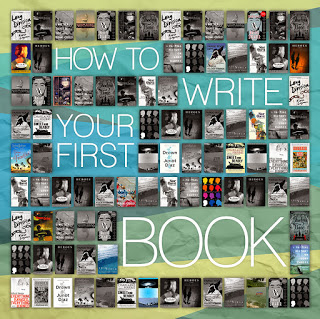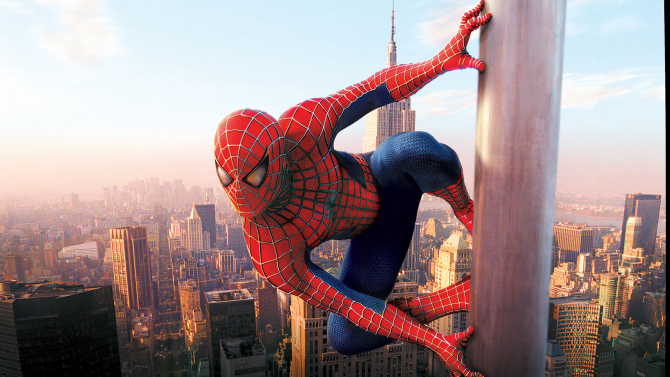Artificial Intelligence. The more you look at that phrase, the stranger it gets.
As I was reading a fascinating article in the New Yorker recently about AI, I came across this quote about the struggles of trying to teach a computer to write poetry:
“…even when you activate two discriminative networks that train a recurrent neural network, and link them to a deep coupled visual-poetic embedding model consisting of a skip-thought model, a part-of-speech parser, and a convolutional neural network—writing poems is hard. “For example,” they mournfully note, “ ‘man’ detected in image captioning can further indicate ‘hope’ with ‘bright sunshine’ and ‘opening arm,’ or ‘loneliness’ with ‘empty chairs’ and ‘dark’ background.” But at least we’ve narrowed the problem down to explaining hope and loneliness.”
It seems fairly obvious to me that these bright fellows haven’t yet learned to write intelligible prose, so aiming for poetry might be a bit beyond their reach.
I was reminded of an experiment I concocted way back in the late-sixties during my junior year in college. My next door neighbor in the dorm was a kid (only 16 at the time) who’d made a perfect scores on the SAT’s—yeah, one of those. His name was Alex and he was a congenial fellow who spent most of the day in his pajamas and worked in the computer lab in the evening. Bill Gates in training.
Back in those days the computer lab was a single largish room, maybe the size of three or four classrooms combined, and it was filled with electronics that had the computing power of a first generation smartphone. Or probably less.
I was a poet back then, dashing off poem after poem with indiscriminate and joyous haste. (Having recently fallen in love certainly added propulsion to the enterprise.) For one of my college classes I proposed rather cavalierly that I wanted to team up with my dorm neighbor to see if we could get the computer to write a poem.
My professor, Peter Meinke, a wonderful poet and mischievous educator, patted me on the back and sent me onward to attempt my mission.
Alex, my genius dorm mate, was game.
“So do you think you can get the computer to write a poem?”
“Sure,” he said. “You tell me what a poem is and I’ll get the computer to write a thousand of them.”
Ah, yes.
This was to be the Zen koan I’d wrestle with for the next several decades. If you can tell me what a poem is…
At that early stage of my development, not having the least idea how to answer the question, I attempted a primitive and simple-minded solution. I broke down a poem by Ann Sexton (one that I admired at the time) into its parts of speech. Noun, verb, adjective, adverb, article. All twenty five lines of the poem. Article, adjective, noun, verb. Not a particularly sophisticated diagram, but it was my first baby step in trying to answer the impossible question.
To give the exercise some zest I chose James Dickey’s poetry as my vocabulary, making lists of Dickey’s nouns and his verbs and his adjectives.
If I’d been thinking clearly I might have simply written all those words on scraps of paper and drawn them randomly from a hat and inserted them in my Ann Sexton diagram. It would have worked as well.
 I don’t have a copy of those results which were printed out (remember dot matrix?) on an endless roll of cheap paper. But I do remember a line:
I don’t have a copy of those results which were printed out (remember dot matrix?) on an endless roll of cheap paper. But I do remember a line:
‘The wrinkled igloo rode the bicycle into the abject forest.”
Not all that bad in a surreal dope-infused sort of way. But it would take a poet to comb through all the gibberish that our experiment produced to find the good lines, the ones that lifted off and soared above the steady pull of gravitational ordinariness.
Clearly there was a better way to spend those precious computer hours of 1968.
So I wish today’s geniuses all the luck in the world in answering Alex’s impossible question. They’ll need it.



